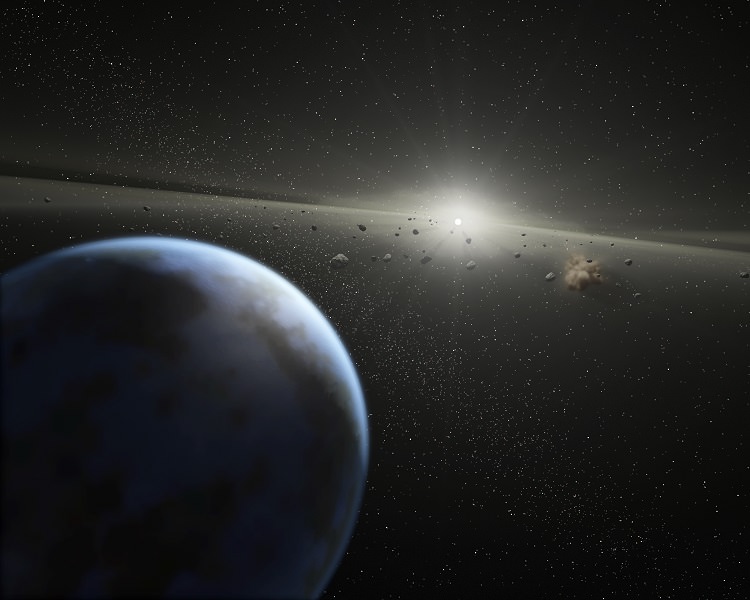As readers of Universe Today know, exoplanets are one of the hottest topics in astronomy today. In just the past six months, astronomers have announced the discovery of more than 700 planets orbiting other stars, bringing the total to more than 1700. These discoveries include the first Earth-size planet found in what’s called the habitable zone of a star, where liquid water could exist; the oldest known planet that could support life; and the first rocky “mega-Earth,” a planet that’s much like Earth except that it’s 17 times more massive.
On July 9, at 19:00 UTC (3 pm EDT, 12:00 pm PDT), three exoplanet hunters will come together discuss the discovery boom, consider the next steps in the hunt for habitable worlds, and debate whether we’re likely to find alien life in the next decade.
You can watch live (or watch the webcast later) below:
The panel includes MIT’s Zachory Berta-Thompson, Stanford’s Bruce Macintosh and Université de Montréal’s Marie-Eve Naud) will come together discuss the recent discovery boom, consider the next steps in the hunt for habitable worlds, and ponder the odds of finding life on another planet. The discussion will be moderated by journalist Kelen Tuttle.
To submit questions ahead of time or during the webcast, send an email to [email protected] or post on Twitter with hashtag #KavliLive. You can find additional information about the webcast and the Kavli Foundation here.


W00t! I’m there! Thanks, Nancy!
I just can’t believe how many planets we have found the question I got is weather we will find complex life out there or are we truly alone and unique